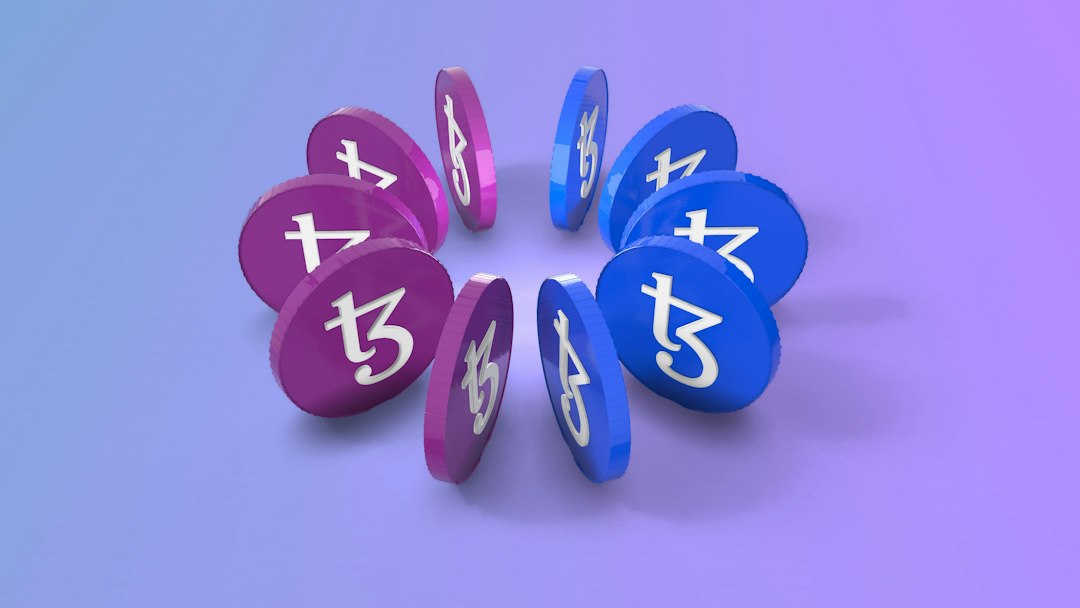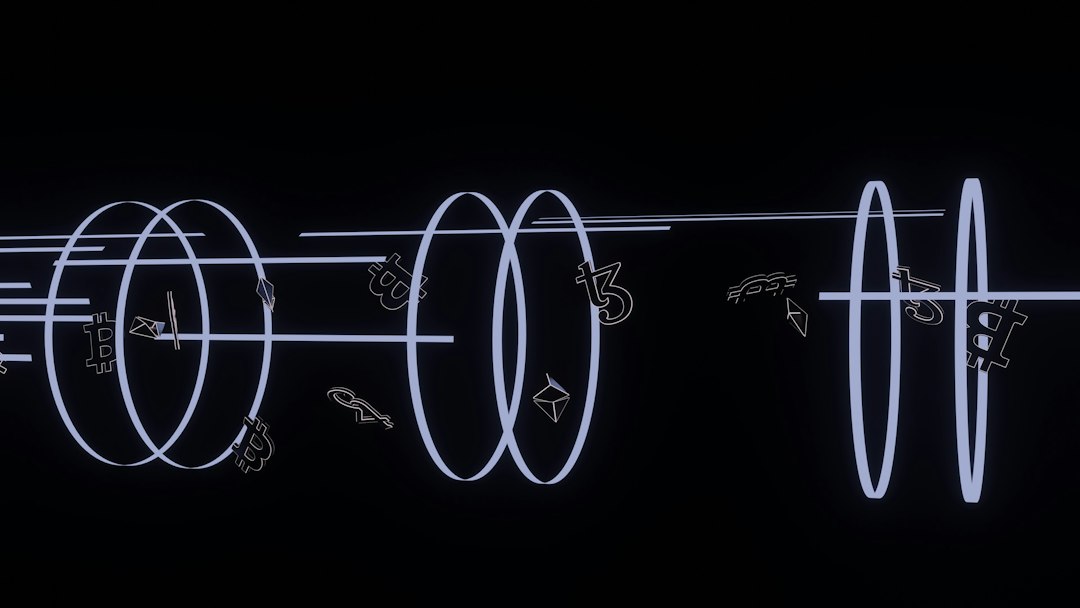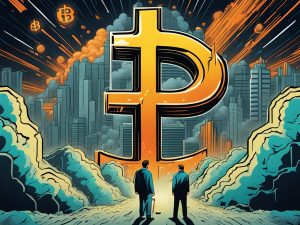Understanding the Role and Importance of Ontology Gas in the Ontology Network
When it comes to understanding the Ontology network, one of the key concepts that you need to grasp is the role and importance of Ontology Gas. In this article, we will delve into what Ontology Gas is, its significance in the Ontology network, and how it impacts your experience as a user or developer.
What is Ontology Gas?
Ontology Gas, often abbreviated as ONG, is the utility token of the Ontology network. It serves as a crucial element in facilitating transactions and interactions within the Ontology ecosystem. In simple terms, you can think of ONG as the fuel that powers the Ontology network.
Similar to how gasoline fuels a car or electricity powers a home, ONG is essential for enabling various functions and operations on the Ontology platform. Whether you are transacting with ONT tokens, deploying smart contracts, or utilizing decentralized applications (dApps) on the network, ONG plays a vital role in making these activities possible.
The Importance of Ontology Gas
Now that you have an understanding of what Ontology Gas is, let’s explore why it holds such significance within the Ontology network. One of the primary reasons why ONG is important is its function as a means of incentivizing participants in the ecosystem.
As a user or developer on the platform, you may earn ONG rewards for contributing to the network’s growth and security through activities such as staking ONT tokens or running a node. These incentives help maintain a healthy and active community within the Ontology ecosystem.
Besides incentivization, ONG also plays a crucial role in ensuring smooth and efficient operations on the network. When you engage in transactions or utilize services within the Ontology ecosystem, ONG is utilized to pay for gas fees, which are necessary for processing these actions. This mechanism helps prioritize and validate transactions while preventing spam and congestion on the network.
How Does ONG Impact You?
As a user or developer within the Ontology network, it’s important to recognize how ONG directly affects your experience. For users engaging in transactions or utilizing dApps, understanding ONG allows you to manage your gas fees effectively.
You can optimize your usage of ONG by adjusting gas prices based on your urgency for transaction confirmation. Additionally, being aware of your ONG balance enables you to plan your activities within the network while considering gas costs associated with each action.
For developers building applications or smart contracts on the Ontology platform, integrating ONG functionality into your projects becomes essential. By incorporating support for ONG transactions and gas fees within your applications, you ensure a seamless experience for users while enabling them to interact with your creations without friction.
Earning and Utilizing ONG
If you’re interested in earning ONG or acquiring it for use within the Ontology network, there are several avenues available to you. As mentioned earlier, participating in staking activities or running a node can yield ONG rewards based on your contributions to the network’s security and stability.
You can also acquire ONG through exchanges where it is listed for trading. Once you have obtained ONG, managing and utilizing it effectively involves understanding its market value relative to gas fees and transaction costs within the network.
Symbols and Acronyms
ONT: The native cryptocurrency token of the Ontology network.
dApps: Decentralized applications that operate on blockchain technology.
Gas Fees: The cost required to perform transactions or execute operations on a blockchain network.
FAQs
Q: Can I use ONT tokens instead of ONG for transactions?
A: While ONT tokens are used for value transfer and staking within the Ontology network, they cannot be directly used for paying gas fees. You will need to utilize ONG for covering gas costs.
Q: How does staking ONT tokens earn me ONG rewards?
A: By staking ONT tokens, you contribute to securing and maintaining consensus on the Ontology network. In return for this contribution, you receive periodic rewards in the form of ONG.
Q: Is there a minimum requirement for earning ONG rewards through staking?
A: Yes, there is typically a minimum threshold of ONT tokens required for staking in order to be eligible for earning ONG rewards.
In conclusion,
Understanding the role and importance of Ontology Gas is essential for anyone involved with the Ontology network. Whether you’re a user engaging in transactions or a developer building applications on this platform,
the significance of ONG cannot be overstated. By grasping its function as a utility token,
you gain insight into how it impacts your interactions within this ecosystem.
With this knowledge,
you can make informed decisions about managing and utilizing
ONG effectively
to enhance your experience with
the
Ontology
network.
So,
next time
you’re transacting
or developing
within
this blockchain ecosystem,
remember
the pivotal role that
Ontoogy Gas plays,
and consider how it influences
your activities
in this vibrant digital landscape.
Remember,
ONG fuels more than just transactions—it powers
the very essence of
the
Ontoogy
network itself!
So,
make sure
to keep an eye on your
ONG balance,
and leverage its potential to maximize
your impact within this thriving community!





 By
By
 By
By
 By
By
 By
By

 By
By